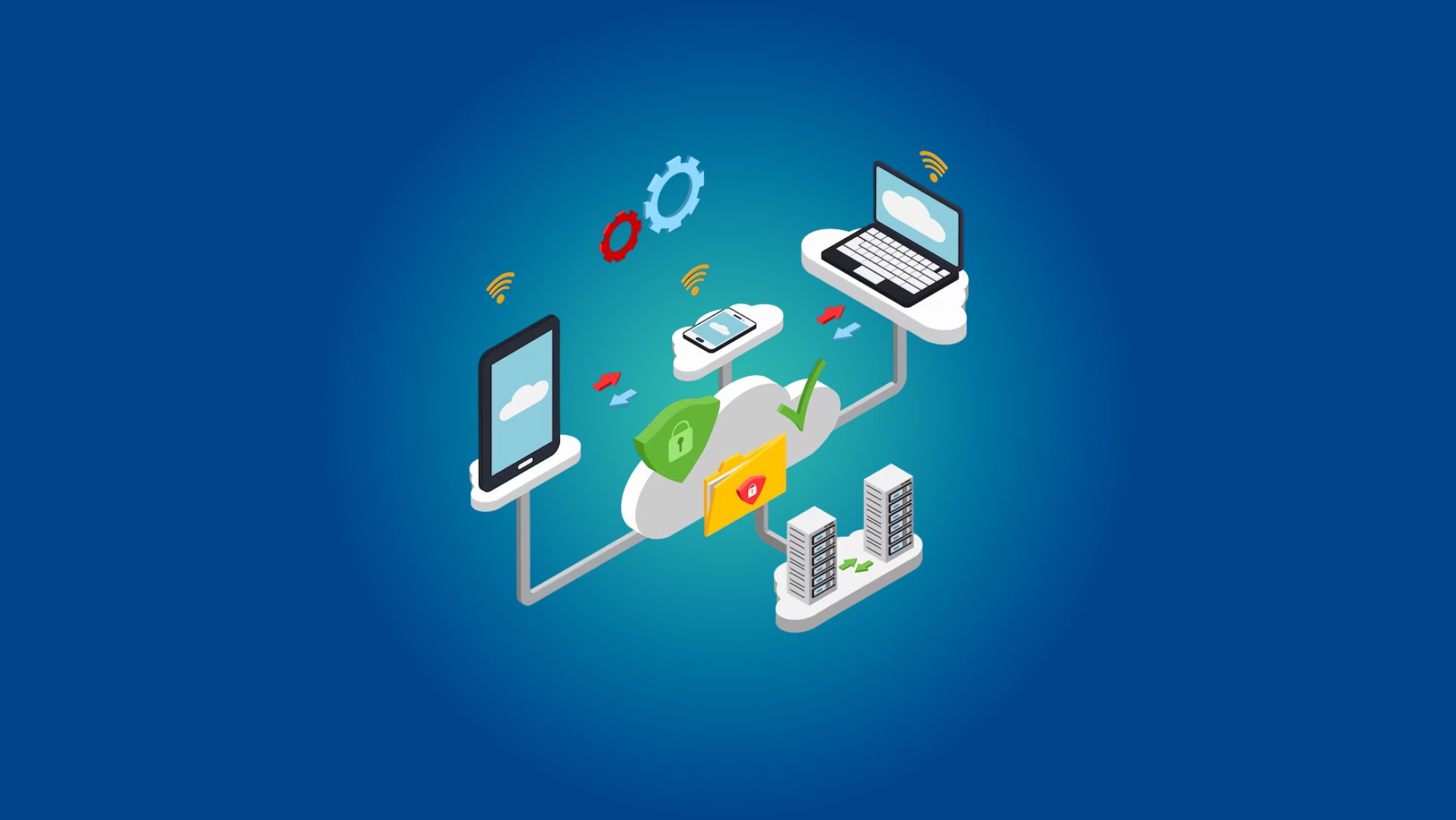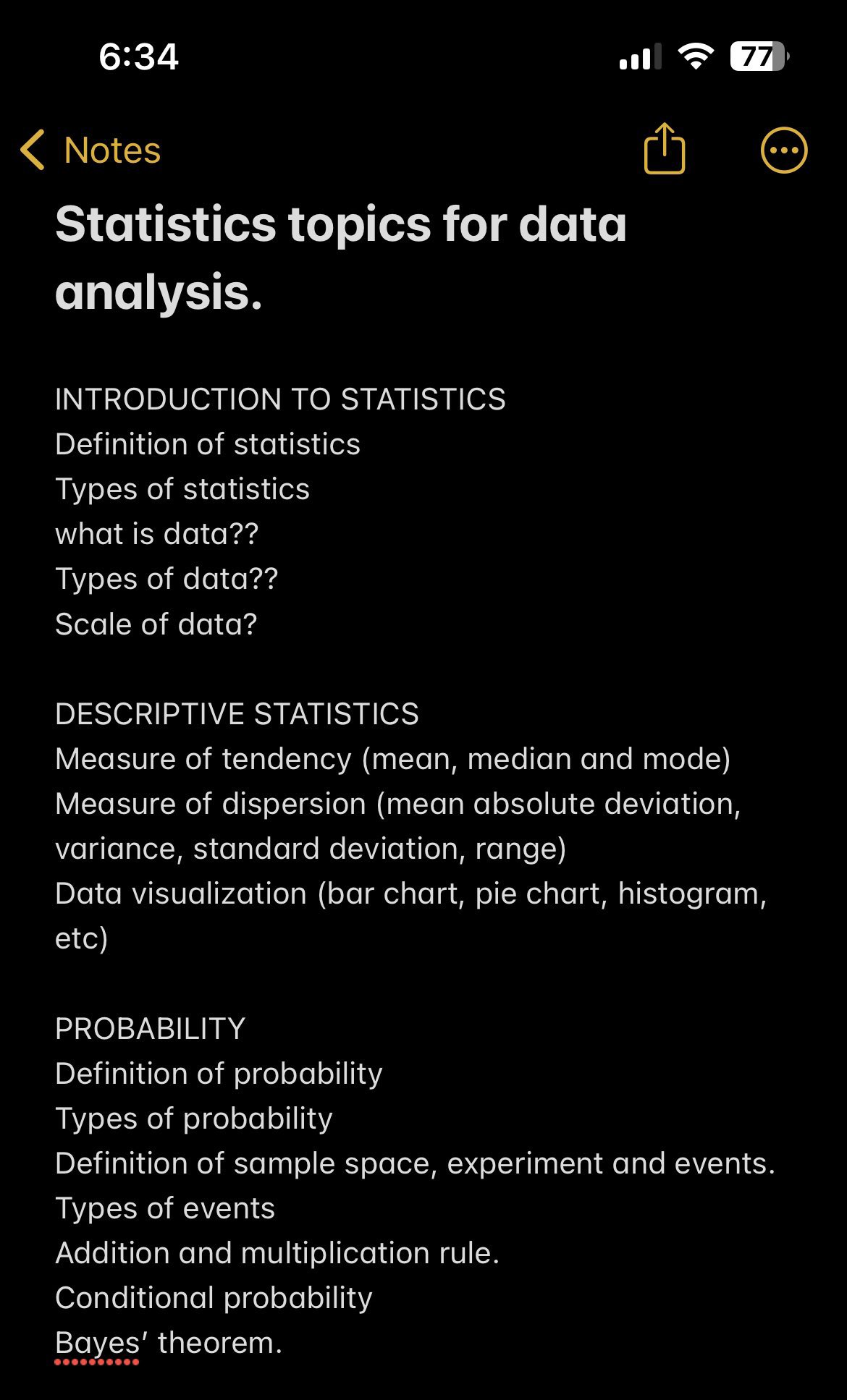Viral News | Explore around Viral and popular News this year
Everything You Need To Know About PIX Taxes In Brazil: A Comprehensive Guide
PIX is a Central Bank digital currency (CBDC) developed by the Central Bank of Brazil (BCB). It was launched in 2020 and has since become a popular payment method in the country. However, it is important to be aware of the taxes that apply to PIX transactions.
Editor's Note: Our "Everything You Need To Know About PIX Taxes In Brazil: A Comprehensive Guide" have published today date. We did some analysis, digging information, made "Everything You Need To Know About PIX Taxes In Brazil: A Comprehensive Guide" we put together this "Everything You Need To Know About PIX Taxes In Brazil: A Comprehensive Guide" guide to help our target audience make the right decision.
The main tax that applies to PIX transactions is the 0.4% IOF (Tax on Financial Operations) applied to credit, debit, and transfer activities. This tax is charged on the sender of the transaction. In addition, some banks may charge a processing fee for PIX transactions, but this is usually a small amount.
Key differences between PIX and traditional bank transfers
| Feature | PIX | Traditional Bank Transfer |
|---|---|---|
Main article topics
- What is PIX?
- How does PIX work?
- What are the benefits of using PIX?
- What are the taxes that apply to PIX transactions?
- How can I avoid paying taxes on PIX transactions?
FAQ
This Frequently Asked Questions (FAQ) section aims to clarify common queries and misconceptions surrounding the Payment Initiation Service (PIX) tax regulations in Brazil.

Everything You Need To Know About Oracle ATG Training - Source www.mytectra.com
Question 1: Are there any taxes associated with sending or receiving PIX payments?
Generally, no. Sending and receiving PIX payments between individuals and businesses is exempt from taxation. However, specific exceptions and regulations may apply in certain cases.
Question 2: How are PIX payments processed and taxed for businesses?
Businesses receiving PIX payments are generally not required to pay taxes on the transactions themselves. However, the revenue generated from the sale of goods or services associated with the PIX payment may be subject to applicable taxes, such as corporate income tax or value-added tax (VAT).
Question 3: Are there any circumstances where PIX payments could be subject to taxation?
Yes. While most PIX transactions are exempt from direct taxation, there are certain exceptions. For example, if a business uses PIX to facilitate cross-border transactions or to receive payments from foreign entities, withholding taxes or other international tax obligations may apply.
Question 4: How does the Brazilian Central Bank regulate PIX taxes?
The Brazilian Central Bank (BCB) is responsible for overseeing the regulation of PIX transactions. The BCB has issued guidelines and regulations clarifying the tax implications of PIX payments and provides guidance to financial institutions and businesses on compliance.
Question 5: Are there any penalties or consequences for non-compliance with PIX tax regulations?
Yes. Failure to comply with applicable PIX tax regulations, including proper reporting and withholding taxes where required, can result in penalties and fines imposed by the Brazilian tax authorities.
Question 6: How can I stay up-to-date on changes to PIX tax regulations?
Businesses and individuals should monitor official government communications, such as those from the Brazilian Central Bank and the Brazilian Federal Revenue Service, for updates and changes to PIX tax regulations.
By understanding the key aspects of PIX taxes, businesses and individuals can ensure compliance with the regulations and avoid any potential liabilities.
This concludes our FAQ on PIX taxes in Brazil. For further information or guidance, please consult with a qualified tax advisor or refer to official government sources.
Tips for Understanding PIX Taxes in Brazil
Navigating the complexities of PIX taxes in Brazil can be daunting, but these tips will help you gain a comprehensive understanding of the subject. Everything You Need To Know About PIX Taxes In Brazil: A Comprehensive Guide

Disney+s „Hawkeye“ – Besetzung, News, Date, Spoiler und mehr - Fernseher - Source de.aspiresport.eu
Tip 1: Identify the Relevant Taxes
The primary tax associated with PIX transactions is the IOF (Tax on Financial Operations), which applies to transactions exceeding BRL 10,000. The IOF rate is currently 0.4%. In addition, some banks may charge a small processing fee for PIX transfers.
Tip 2: Understand the IOF Exemption
Payments made to the same recipient up to BRL 5,000 per month are exempt from IOF. This exemption applies to individuals and legal entities, making PIX a cost-effective option for small-value transactions.
Tip 3: Check for Bank Fees
While PIX transfers are generally free, some banks may charge a processing fee for certain types of transactions, such as large transfers or payments to other banks. It's advisable to contact your bank to inquire about any applicable fees.
Tip 4: Consider Business Use
For businesses, it's important to consider the potential tax implications of using PIX. Businesses may be subject to additional taxes based on the nature and value of their PIX transactions.
Tip 5: Stay Updated
PIX regulations and tax policies are subject to change. Stay informed by regularly checking reputable sources for the latest updates and guidance. This will help you avoid any potential compliance issues or unexpected tax liabilities.
By following these tips, you can effectively manage PIX taxes in Brazil and ensure compliance with the relevant regulations.
Everything You Need To Know About PIX Taxes In Brazil: A Comprehensive Guide
PIX, Brazil's instant payment system, has revolutionized financial transactions. However, understanding its tax implications is crucial. This guide covers six key aspects essential for navigating PIX taxes, providing a roadmap to ensure compliance and avoid potential liabilities.
- Tax Exemptions: Certain transactions involving individuals and microentrepreneurs are exempt from PIX taxes.
- Tax Rates: The tax levied on PIX transactions depends on the type of sender and recipient, ranging from 0.08% to 0.25%.
- Tax Registration: Businesses accepting PIX payments are required to register as taxpayers and collect and remit applicable taxes.
- Tax Reporting: Businesses must maintain accurate records and submit tax returns to comply with reporting requirements.
- Fiscalization: The Brazilian Federal Revenue Service (RFB) may conduct audits to ensure tax compliance.
- Penalties for Non-Compliance: Failing to adhere to PIX tax regulations can result in penalties, including fines and interest charges.
These aspects form the foundation for understanding PIX taxes in Brazil. Businesses operating in this environment must familiarize themselves with these regulations to avoid legal and financial complications. Compliance with PIC taxes ensures transparency, supports the government's revenue collection efforts, and promotes a fair and equitable tax system in the country.

Everything you need know about ChatBots – Learn-Share-Change-Grow - Source kamleshgsingh.com
Everything You Need To Know About PIX Taxes In Brazil: A Comprehensive Guide
PIX is a fast, convenient, and secure digital payment system introduced by the Central Bank of Brazil in November 2020. PIX allows users to make instant payments and transfers between individuals and businesses, 24/7, without any fees. Since its launch, PIX has gained widespread acceptance in Brazil, with over 100 million registered users. As the use of PIX continues to grow, it is essential to understand the tax implications associated with PIX transactions.

Abefe - the statistics guy ️📚😎🇳🇬 on Twitter: "2 months ago, I promised - Source twitter.com
Under Brazilian tax law, PIX transactions are generally not subject to any taxes, including income tax, value-added tax (VAT), or financial transaction tax (IOF). This is because PIX is considered a form of electronic payment, which is exempt from taxation in Brazil. However, there are some exceptions to this general rule. For example, if a business uses PIX to receive payments for goods or services, the business may be required to pay income tax on the income earned from those transactions. Additionally, if a business uses PIX to make payments to non-residents, the business may be required to withhold IOF on those payments.
The tax treatment of PIX transactions is a complex and evolving area of Brazilian tax law. It is important for businesses and individuals to consult with a qualified tax professional to ensure that they are complying with all applicable tax laws and regulations.
Key Insights:
- PIX transactions are generally not subject to any taxes in Brazil.
- There are some exceptions to this general rule, such as when a business uses PIX to receive payments for goods or services.
- It is important for businesses and individuals to consult with a qualified tax professional to ensure that they are complying with all applicable tax laws and regulations.